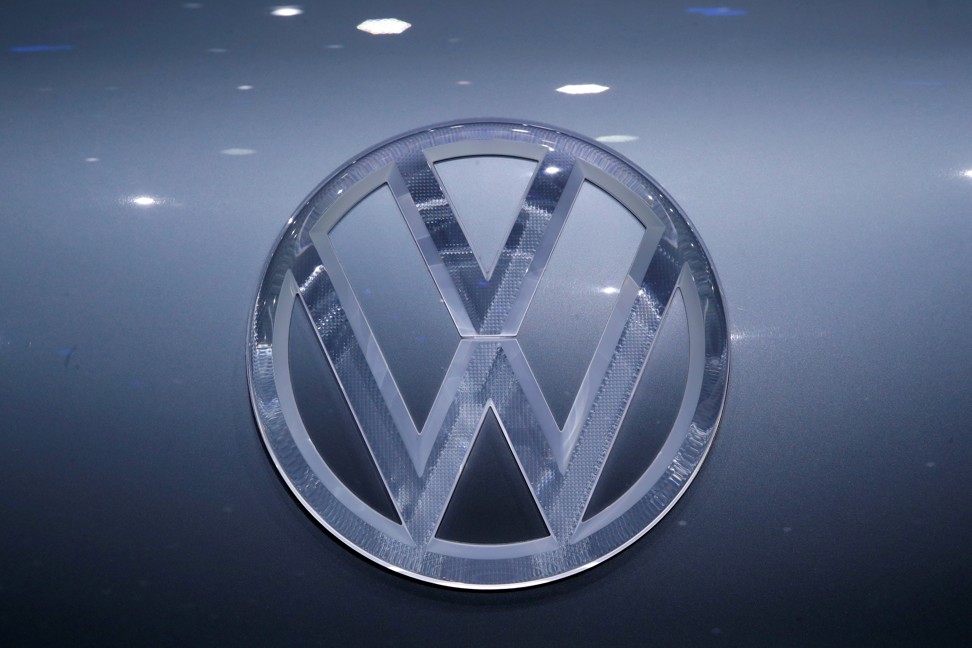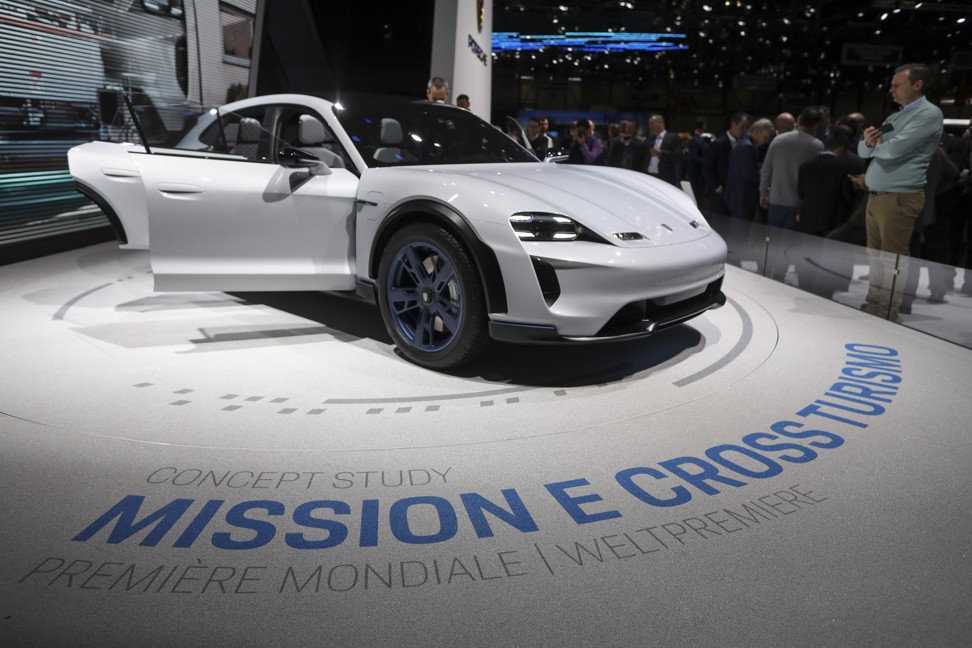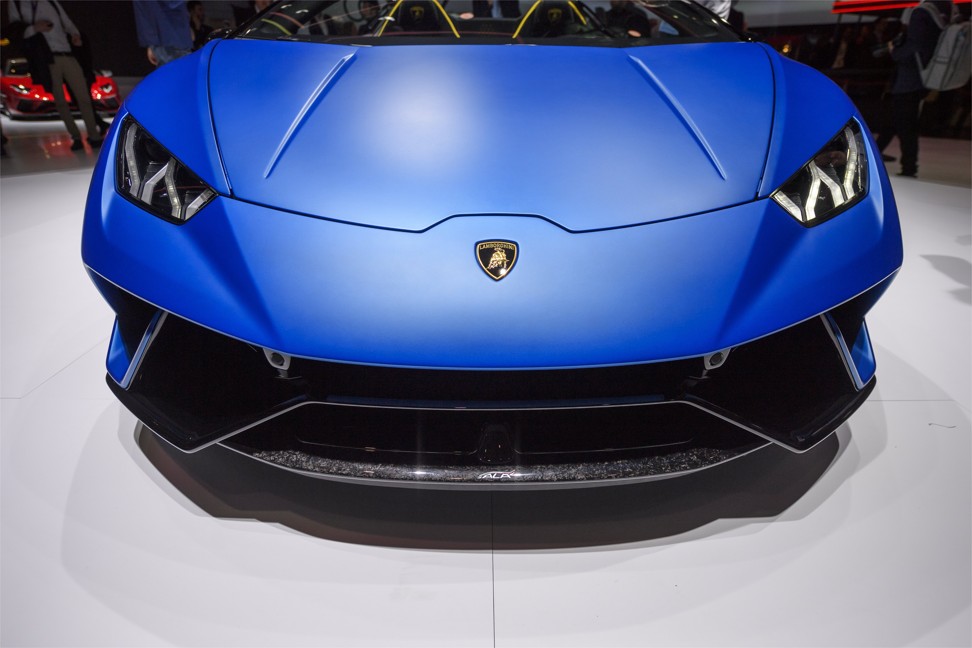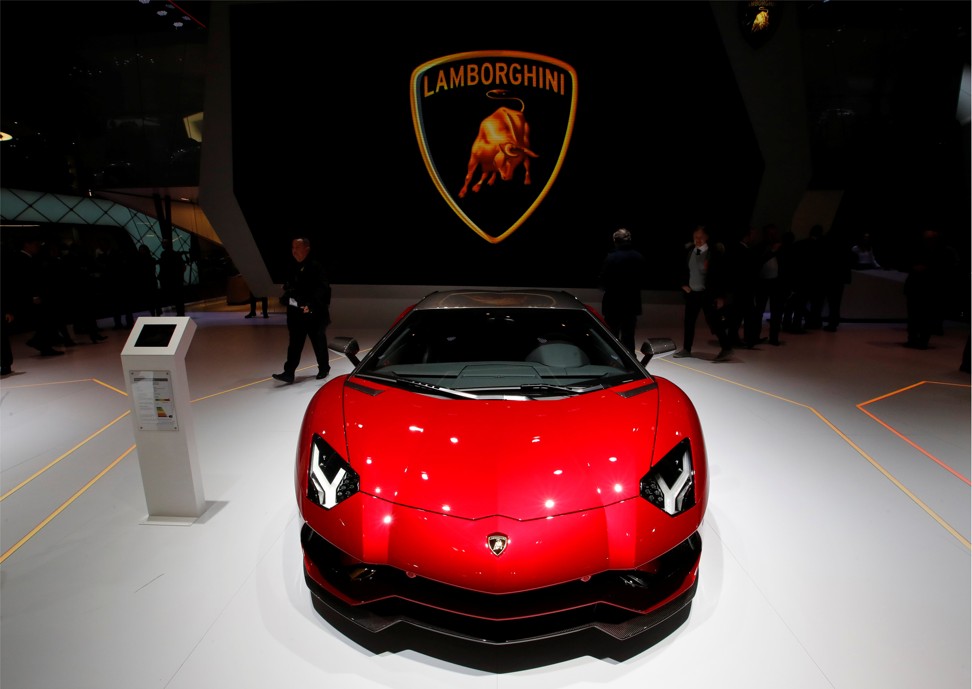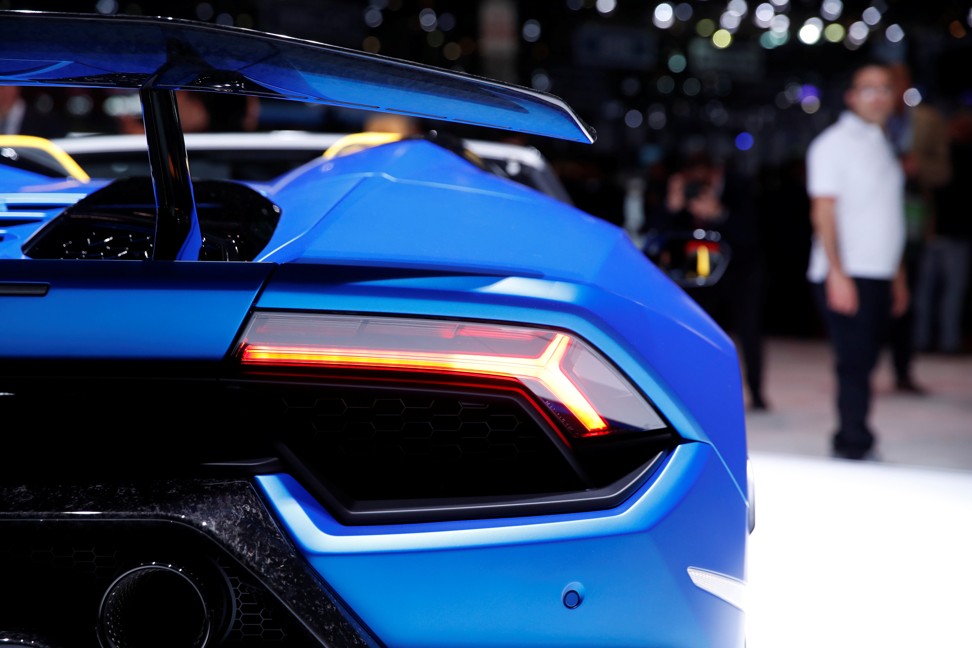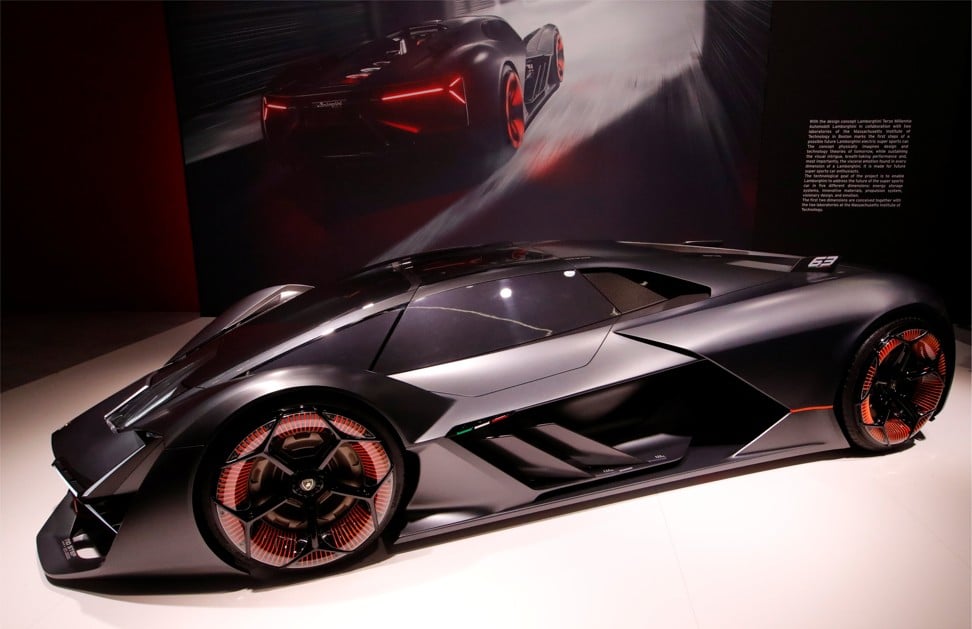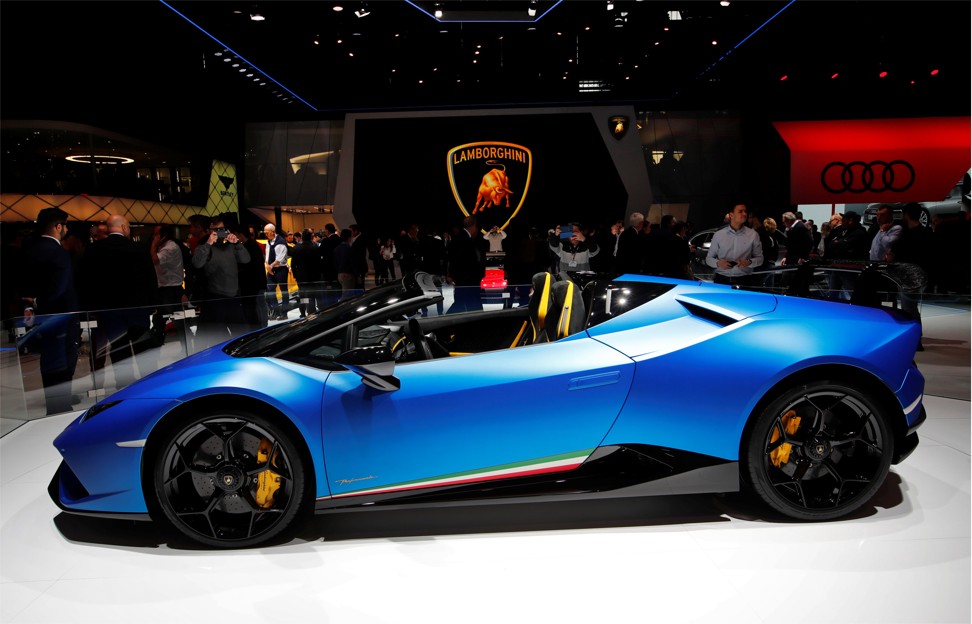
Geneva Auto Show: Mercedes, Porsche and Lamborghini show edge over electric sports cars
Start-ups’ electric supercars show poke, but traditional makers improve drive, design and battery-charging as well as acceleration at the Geneva motor show
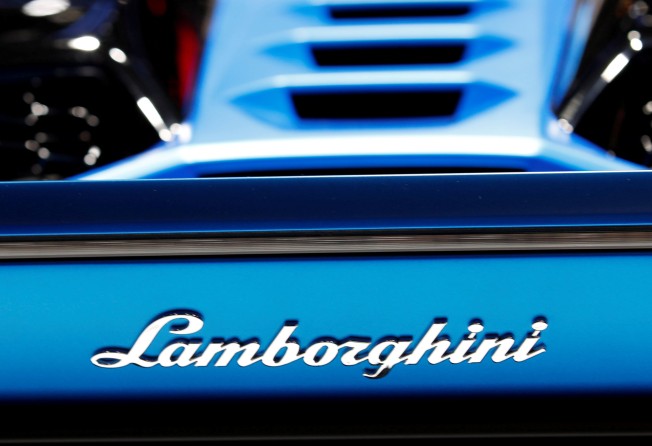
Established sports car brands such as Porsche and Lamborghini are losing the speed crown to lesser-known rivals offering electric supercars boasting record acceleration.
Sports car drivers have long revelled in the muscular horsepower of their combustion-engined supercars, with the time it takes to reach 100km/h (62mph) from a standing start – a major selling point for some venerable brands.
But electric engines have stolen a march on traditional supercars because they instantly generate maximum torque – the rotational force that is key to powering a car’s acceleration.
This instant pulling power allows battery cars to get off the blocks faster than their combustion peers, challenging sports car brands on their home turf.
Croatian manufacturer Rimac has entered the fray at this week’s Geneva auto show with its Concept Two car, priced at a hefty €1.7 million (US$2.11 million).
Powered by four electric engines and capable of hitting 100km/h in 1.95 seconds, Concept Two’s straight-line acceleration is up there with the new roadster from US electric vehicle pioneer Tesla.
A more surprising entrant comes from Volkswagen’s Spanish brand Seat, better known for the compacts and sport utility vehicles it makes for the mass market.
SEAT SUPERCAR
Seat has presented its CUPRA e-racer, which hits 100m/h in 3.2 seconds. That may sound somewhat sedate compared with the Rimac car, but it still beats the 4.5 seconds of Porsche’s petrol-powered 370-horsepower 911 Carrera T.
Unfazed by the newcomers, Volkswagen-owned Porsche reckons that engine and battery performance over time will be more important. Its Mission E electric cars will be capable of rapid 800-volt charging, beating Tesla’s 480-volt superchargers.
“Very fast acceleration can probably be achieved by very many” manufacturers in the electric age, Porsche research and development chief Michael Steiner says. “But for us, that’s not enough. Charging capacity and charging time is an area where we can and want to stand out.”
Porsche’s electric crossover concept “Mission E CrossTurismo” needs 3.5 seconds for the 100m/h sprint and would compete with Tesla’s Model X as the German company pursues its goal of raising the share of electric models to about a quarter of overall sales by 2025.
Speed alone isn’t what matters
Lamborghini, which has shunned all-electric cars and is known for its extreme supercars with roaring V10 and V12 engines, says road handling has eclipsed acceleration as the key parameter for vehicle performance.
The Italian brand has presented the Huracan Performante Spyder, a lighter and more powerful convertible version of the base model. It tonnes in 3.1 seconds
LAMBORGHINI ADJUSTS
“At one time, acceleration was fundamental,” says the marque’s research and development chief, Maurizio Reggiani. “Now it’s more complex.”
As parent VW pushes new technologies to turn the page on its emissions scandal, Lamborghini has recognised the need to adjust. The brand is working on hybrids while seeking to fully exploit the potential of its naturally aspirated high-performance engines.
“We need to differentiate our products, but we also need to respect the supersport mission of our cars,” Reggiani says, declining to elaborate.
Tobias Moers, chief executive of Mercedes-Benz’s AMG high-performance brand, says there is still a market for cars that go fast but that faster engines in conventional cars are not enough to differentiate his brand in the market.
“This is one of the reasons why we have presented the latest four-door GT,” he says. “It has a distinct body shape from other Mercedes-Benz models; it is our fourth car with a unique body.”
Meanwhile, Hans-Joachim Stuck, a former German Formula 1 racing driver, urges calm in the flurry of top-speed EV announcements, saying the old guard would always retain their customer base.
“Porsche will always be fast and a benchmark,” he says. “Their design is great, the vehicles are robust and reliable and the brand has a pedigree.
“Speed alone isn’t what matters.”
